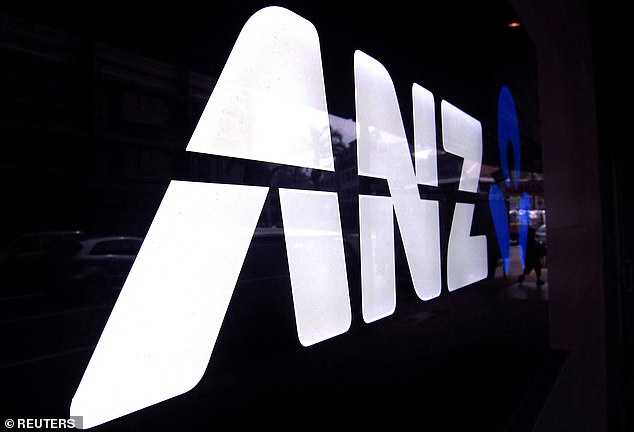ANZ bank warns that electricity rebates will only increase inflation because Australians will now have much more money in their pockets.
Prime Minister Anthony Albanese’s latest budget introduced $300 rebates for every Australian household, regardless of wealth, in four quarterly instalments of $75.
Queensland has gone even further, with Premier Steven Miles announcing $1,000 electricity rebates as Labor battles to win a fourth consecutive term in government in October.
In its May Budget, Western Australia announced a one-off $400 electricity bill credit.
ANZ economists Madeline Dunk, Arindam Chakraborty and Catherine Birch have warned that these electricity discounts will only fuel inflation by giving households more money to spend on other things.
“Some of this cost-of-living support, such as energy rebates, will mechanically reduce inflation temporarily,” they said.
‘However, demand could increase if households then spend part of their savings.’
ANZ’s warning contradicts Treasurer Jim Chalmers, who argued in May that $300 electricity rebates would reduce inflation.
ANZ bank warns that electricity rebates will only increase inflation because Australians will now have much more money in their pockets.
“The primary objective of our economic plan and budget is to relieve pressure on Australians and put downward pressure on inflation, and our new energy bill relief achieves both,” he said.
Financial comparison group Finder estimates that New South Wales has the most expensive average electricity bill, at $430 a quarter, or $1,720 a year.
Western Australia had the cheapest average quarterly bill at $280, equivalent to $1,120 annually.
Inflation in the year to May rose 4 percent, putting it further above the Reserve Bank’s target of 2 to 3 percent.
But electricity bills over the year rose 6.5 percent, monthly data from the Australian Bureau of Statistics showed.
In June, the Reserve Bank left interest rates unchanged at a 12-year high of 4.35 percent, but warned that the effects of electricity rebates would only temporarily reduce inflation.

ANZ economists Madeline Dunk, Arindam Chakraborty and Catherine Birch have warned that these electricity discounts will only fuel inflation by giving households more money to spend on other things.
“The recent budget results may also have an impact on demand, although federal and state energy rebates will temporarily reduce overall inflation,” he said.
The cost of living crisis has seen state governments ramp up spending, with coal-rich Queensland going from a record surplus of $13.93 billion in 2022-23 to a deficit of $2.631 billion in 2024-25.
“A key theme has been the increasing role of government in supporting the economy and households facing cost-of-living pressures,” ANZ economists said.


